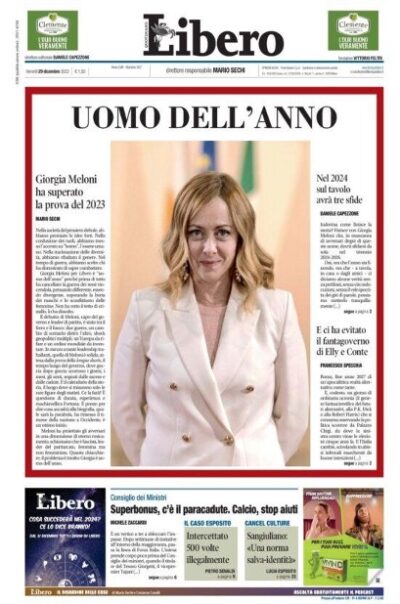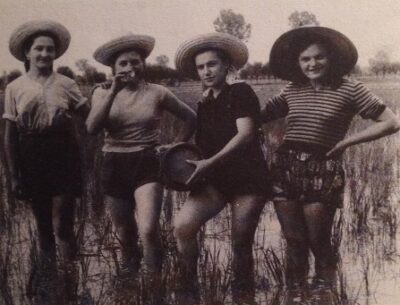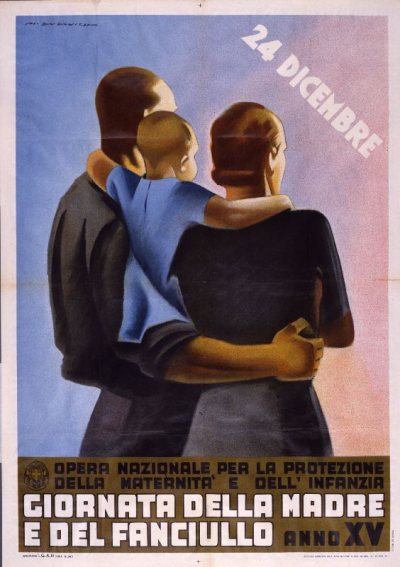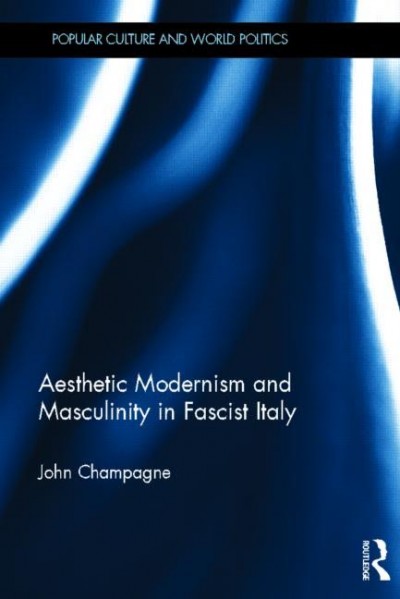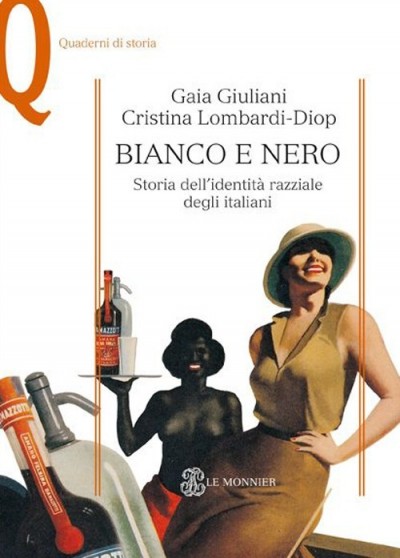5.Eowyn (1976-1982): politica, fantasy e genealogia femminile a destra
by Jordi Valentini
Seeking to counteract left-wing youth movements in the shared terrain of alternative publishing, right-wing youth in the 1970s discovered and appropriated Tolkien’s work, partly due to the general disdain or indifference towards him from the Italian left-leaning public and intellectuals. Tolkien’s anti-modern and traditionalist world became a refuge for a disillusioned generation critical of the Italian Social Movement (Movimento Sociale Italiano), the main conservative party, for its outdated structure and its unwillingness to give younger people a voice.


